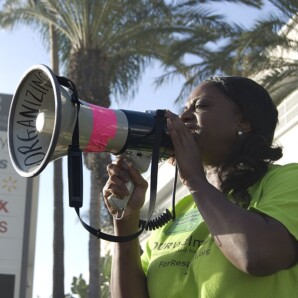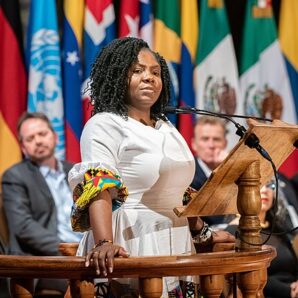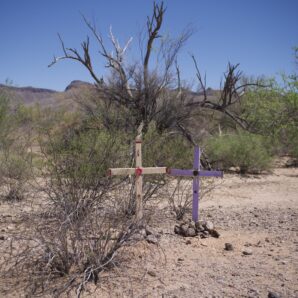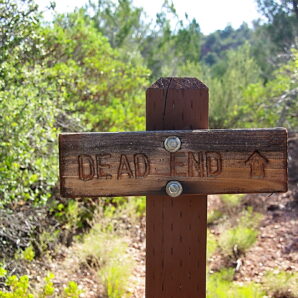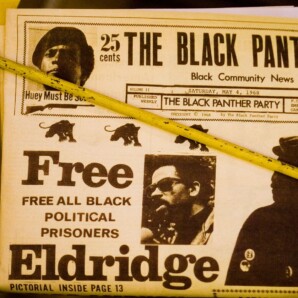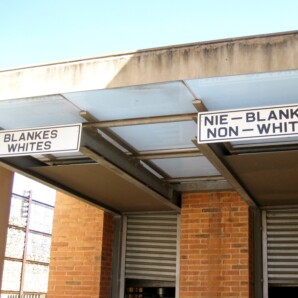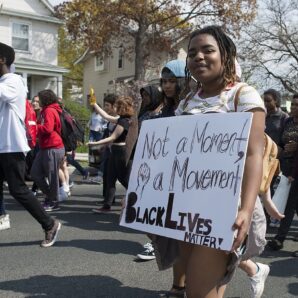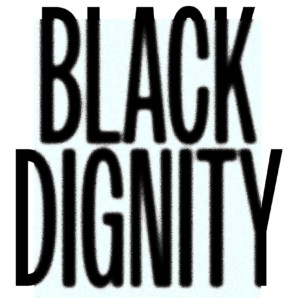
Living on Indigenous Lands: (Re)Considering Relations with Occupied Lands
Series: Theories of Land
Considering our relations and responsibilities to land invites us to make other choices, ones that might guide us, perhaps, towards being in good relations with the land and the Indigenous peoples of that place.
Read More →
Considering our relations and responsibilities to land invites us to make other choices, ones that might guide us, perhaps, towards being in good relations with the land and the Indigenous peoples of that place.
Read More →
